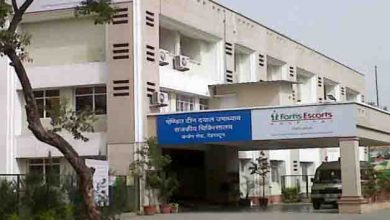Landmark scheme under BNSS to protect witnesses and ensure safety for testimonies

Monday, 15 JULY 2024 | PNS | DEHRADUN
The introduction of the Witness Protection Scheme (WPS) under the Bharatiya Nagarik Suraksha Sanhita (BNSS) has marked a significant advancement in the criminal justice system in the country. Witnesses, often regarded as the eyes and ears of justice, play a crucial role in helping courts determine the truth and bring offenders to justice. Their testimonies can be pivotal, influencing the course of entire cases. The BNSS’ initiative to legally mandate witness protection schemes underscores the importance of safeguarding witnesses ensuring they can testify without fear of threats, intimidation or harm which is an essential aspect of the criminal justice process. This initiative aligns with recent observations by the High Courts and the Supreme Court. The clause 398 of the BNSS mandates that every State government shall prepare and notify a WPS for the State to ensure the protection of witnesses. This clause is a significant addition to the criminal procedural framework, requiring state governments to prepare and implement witness protection schemes. The Supreme Court in the Mahender Chawla case in 2018 declared the WPS to be law until Parliament or various state governments prepared and notified their own schemes. Although various provisions in the Indian Penal Code (IPC), the Indian Evidence Act (IEA) and the Code of Criminal Procedure (CrPC) recognised the vulnerabilities faced by witnesses and provided some support, the 2018 order of the Supreme Court was the first to develop a comprehensive approach to ensuring the protection of witnesses in criminal proceedings. The 2018 scheme took an expansive approach to establish a holistic legal and institutional framework for the protection of witnesses. This included categorising the risk and vulnerability levels of witnesses, procedures for witness protection, the introduction of threat analysis reports by the police to gauge the level of protection required and the formation of a body comprising police officials and Sessions or District Court judges to implement and oversee its functioning. The Ministry of Home Affairs in 2019 appealed to all states and union territories to take appropriate steps to enforce the Witness Protection Scheme, 2018, in letter and spirit, declaring it the “law” under Articles 141 and 142 of the Constitution. It is clear that the Supreme Court’s endorsement and the MHA directives emphasise the significance of this initiative. As states and union territories implement these protections, the legal framework will become stronger, ultimately improving the administration of justice and the protection of individuals who are crucial to it.






